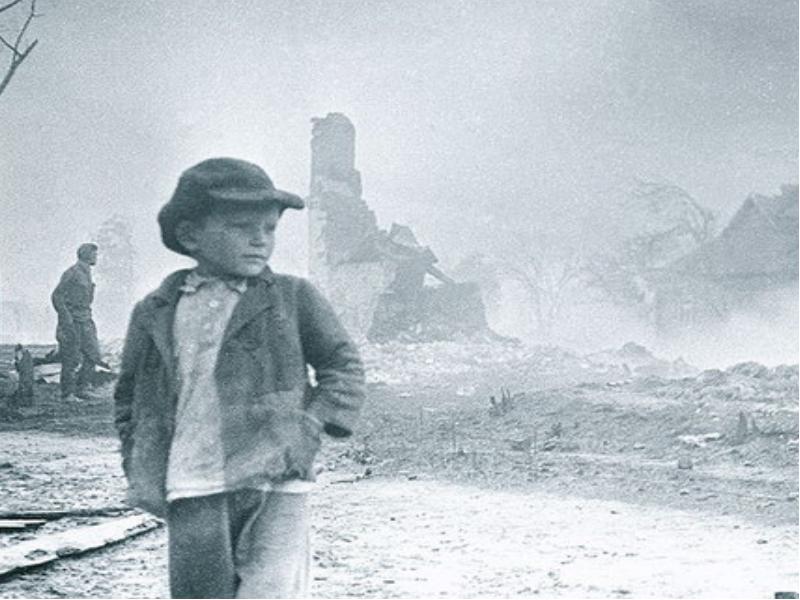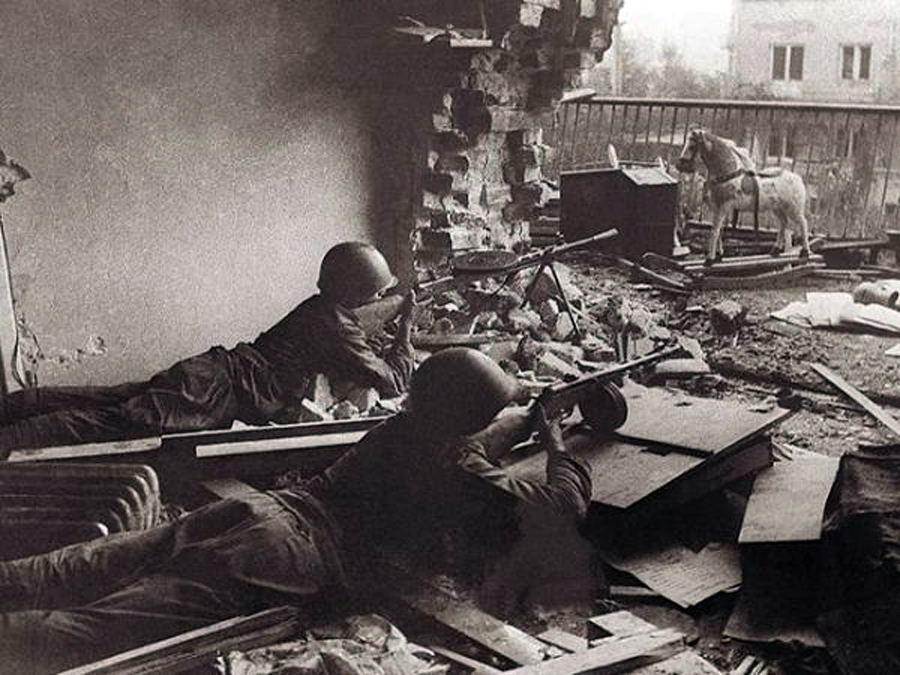On September 15-16 the Moscow State University of Mikhail Lomonosov will host the International Conference 'The Second World War in the History of Mankind, 1939-1945' on its premises. The forum will discuss key problems of studying the prerequisites, main stages and consequences of World War II and the Great Patriotic War. Sergey Karpov, Dean of the History Faculty of Moscow State University, academician of Russian Academy of Sciences, says that when we talk about war, people tend to think of great generals, leaders, the people who were heads of state in one way or another and influenced all these events. “But the war was a huge labor of ordinary people, ordinary soldiers. There were quite a lot of them. And each one of them was a hero. Each one of them had his vision of the war and his participation in the war. It seems very important to me that we reached the common soldier, not only the marshals [in the study of history].”
According to Karpov, it is important to remember those huge sacrifices suffered by many countries in the course of this terrible war, which literally swept across the expanses of Europe and Asia: “There are still discussions about how many victims were there. And the huge number of victims was not only among soldiers and officers, but also among the civilian population – among those who went to concentration camps, those who were deported to work on the enemy’s territory.”

The historian says that a huge issue is the children of war and the post-war generation, which carried the burden of this war; the economy of war. “To a large extent, of course, the peoples of our country carried a great burden of war. In their unity, they demonstrated the will to win. At the time no one said who was a Chechen, who was a Russian, who was a Ukrainian. They were all united. This unity of the Victory cannot be dismembered or disavowed,” Karpov believes.
At the same time, he thinks that you cannot gloss over the fact that there were collaborators, betrayals, and many negative sides of this war: “There were a lot of hard things and things that we are beginning to learn only now. And I wish the war was always analyzed in all of its aspects. When we talk about defeats, we have to explain why it has happened and how to prevent this, what lessons have been learned from it. The early years of the war were very difficult. But lessons were learned. These lessons were learned by the political leadership of our country, these lessons were learned by ordinary commanders.”

Karpov is sure that it is important to understand how the value of national identity rose during the war, which went through a change of an attitude towards the church, through the establishment of new military leadership awards, through the fact that our army returned to the tradition that existed in the Russian Imperial Army. “The war should be studied in all its aspects. The population of our country, our citizens, and the people of the whole world should know the truth about the war – without hashing up, but with good explanations,” the historian believes.






